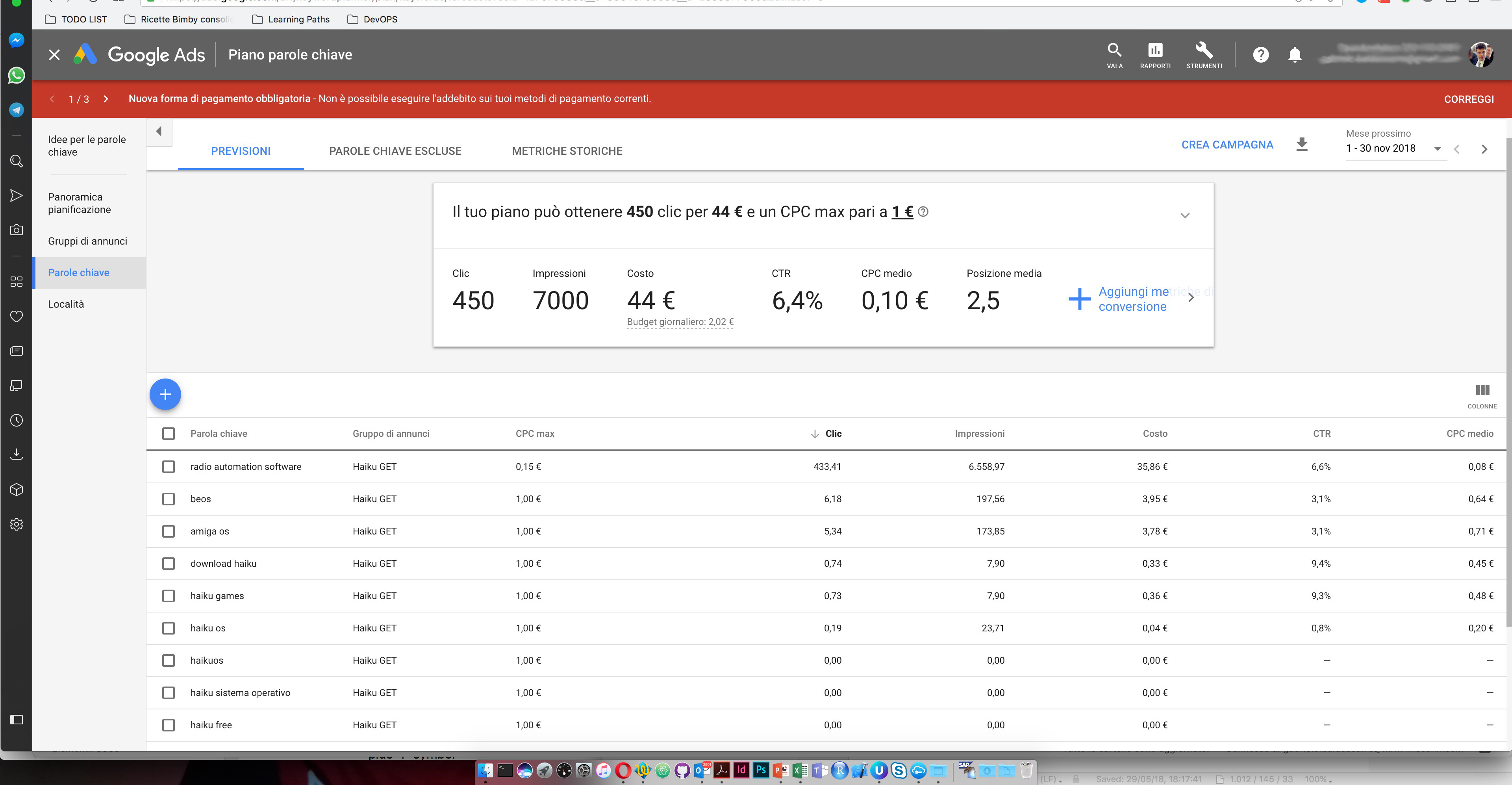A fork means serious investment. I agree with your point about Linux - in fact, I’ve hit some real brick walls with the “not invented here” attitude over there. So much so that I’ve been openly and frequently critical of Linus and his lieutenants. Of course, you can’t do that to a cult… and I get flamed for pointing that out which exposes the sheer hypocrisy. One guy suggested that Linux was everything and every thing else (presumably excepting MacOS and Windows) were just projects or experiments.
Seems he hadn’t heard of the *BSD family - some of which have split into numerous directions.
Yes there are experimental OSes out there like Minix and there are closed source OSes (QNX being about the best known outside of the main sphere).
I believe that we’ve lost some track of what it’s like to have a personal computer that’s not controlled by some mega-corporation.
Google controls Android and its derivatives - and is even dropping the Linux kernel so it can be even more odious with what happens behind the scenes! The cult of Apple/Mac is bad but holy moly, Google is like The Thing!
Apple control MacOSX and the Darwin kernel for iOS. I don’t think the open source version has got anywhere.
Microsoft need no introduction…
But in each case, we’re looking at an OS which runs a lot of proprietary software and often installs all manner of crud that we don’t want or need.
The Hurd (GNU’s kernel) is still years away largely because Linux drained or lured huge swathes of developers away from that.
Linux in general on the desktop suffers from a number of antiquated features tied to X. I love XFree86 for server/thin-client work but as a single-user system it sucks terribly. In fact the very idea that you have to log in as a root user to install software can be a real bind.
I get that you have to protect SOME bits of the system so you don’t screw it up (or the kids don’t when you’re not looking) but the delimter is badly defined in Linux.
Most of these things don’t see to be an issue in Haiku, but if this project doesn’t have legs, I’ll have to see if I can find a Linux distro that might suit and that’s not something I want to do.

